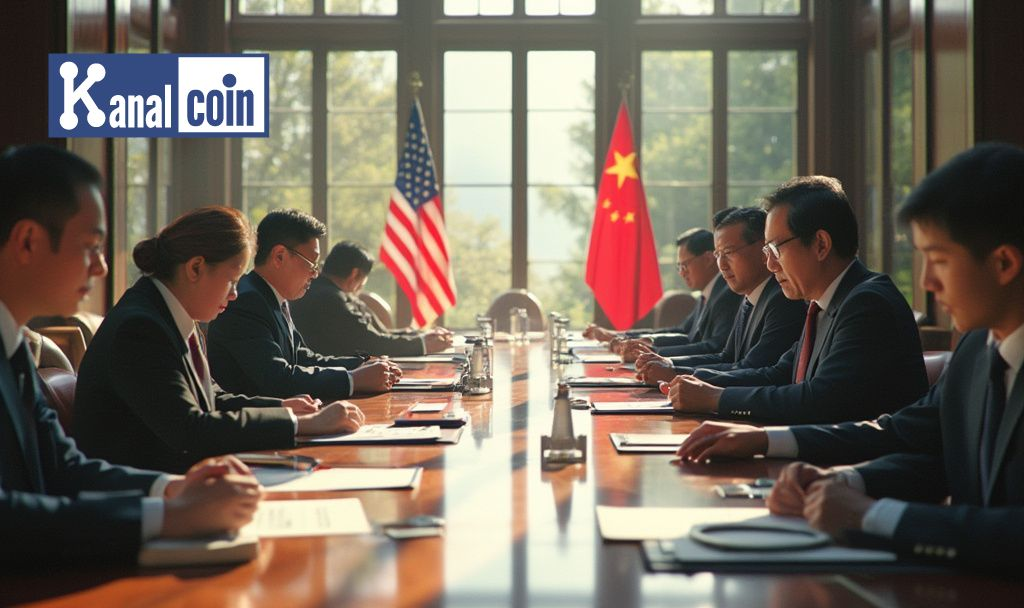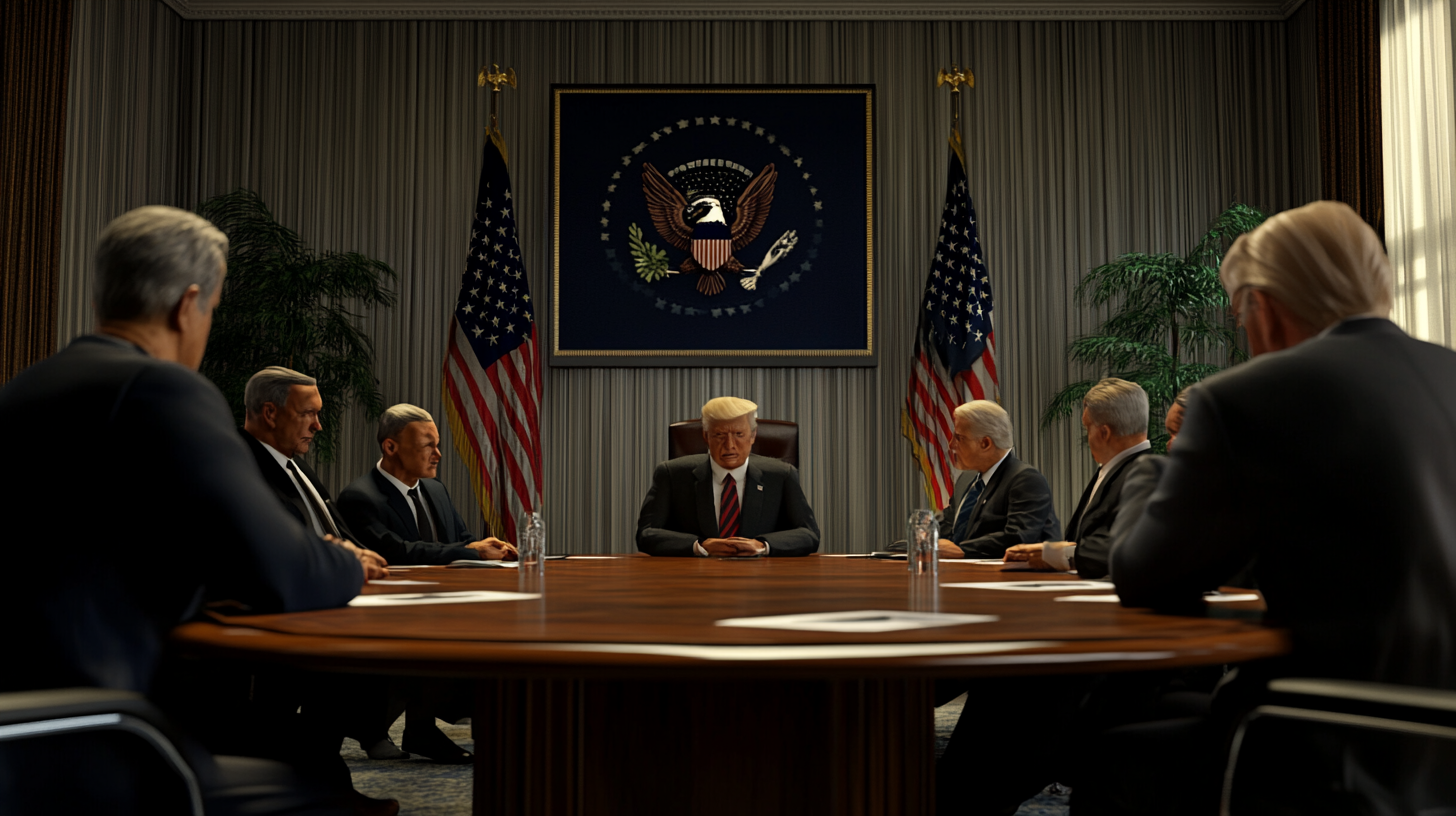
Taiwan begins tariff negotiations with the US, potentially reshaping economic relations. Key outcomes and market insights in focus.
Taiwan announced it has initiated tariff discussions with the United States, aiming to strengthen economic ties and address mutual trade interests.
Taiwan Targets Trade Imbalance with US Talks
Taiwan has officially entered tariff talks with the US to address trade imbalances. This marks a pivotal point in their economic relationship, with expectations for new agreements.
The talks involve key government officials from both nations focusing on trade adjustments. It reflects Taiwan’s effort to enhance its strategic economic position amid global market shifts.
Lin Chia-lung, Foreign Minister, Taiwan – “We’ve been in ongoing contact with the U.S. side, and they’ve officially acknowledged our outreach.”
Market Reacts Cautiously to Taiwan-US Tariff Plans
Analysts predict potential shifts in market dynamics following the talks. Stock markets responded cautiously with tentative optimism shown in early trading figures from both nations.
Experts suggest possible financial and regulatory impacts if tariffs are adjusted. Historical data indicates that similar moves can prompt strategic industry shifts and investment changes.
Historical Context Shows Potential for Trade Growth
Such negotiations have occurred in past US-Taiwan interactions, often resulting in long-term agreements beneficial to both parties. Historical precedents provide context for current talks.
Kanalcoin highlights the importance of these negotiations, citing previous outcomes where tariff adjustments led to significant trade growth. Experts anticipate similar economic advantages this time.
Lai Ching-te, President, Taiwan – “Comprehensive steps will transform challenges in the Taiwan-U.S. economic relationship into opportunities for growth and resilience.”









